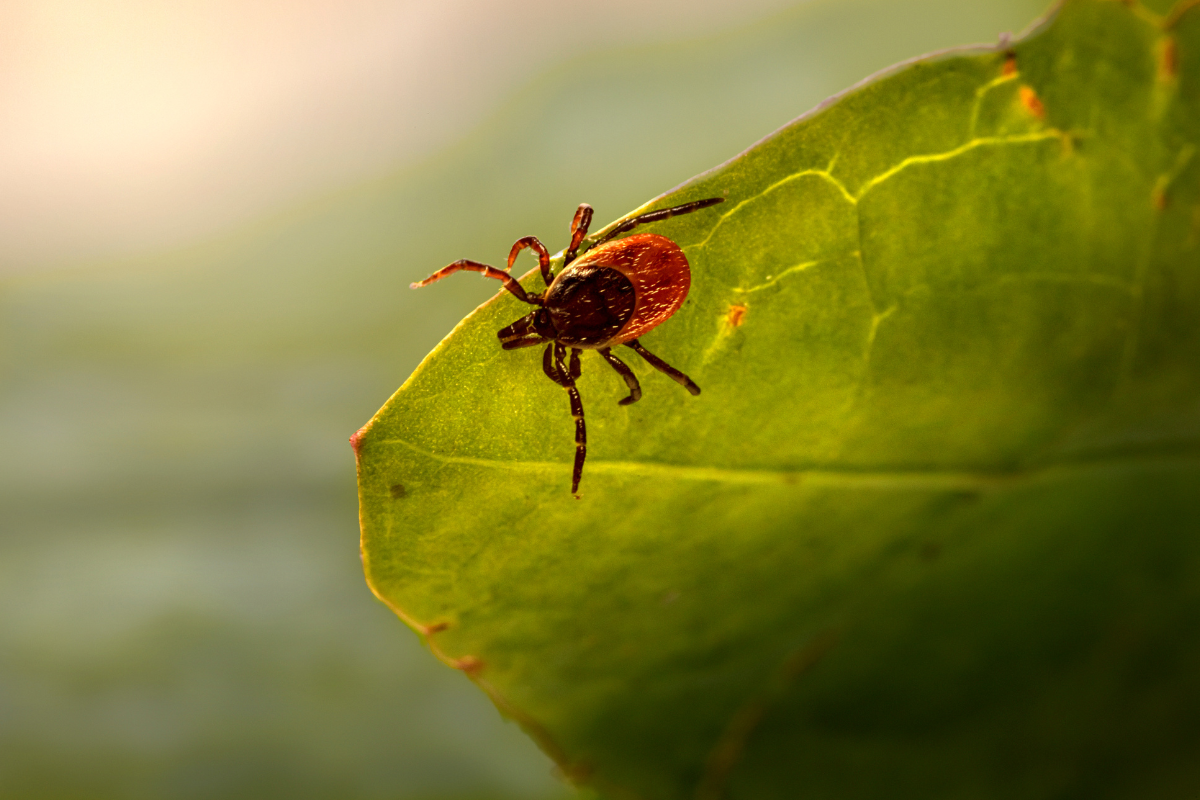I just saw that mosquitoes are now testing positive for EEE in Massachusetts. We live about 50 miles away from where the positive samples were found, but I’m panicked. My 2-year-old has a couple of mosquito bites on him from being in the sandbox. We have started putting DEET on him, but it’s not always 100% effective. I’m particularly freaked-out because a 5-year-old girl two towns away died from EEE in 2019. Any rationale would be much appreciated. As I’m a hypochondriac, you’re my lifeline 😂
—#PanickedParenting is my hashtag
For the uninitiated, EEE is eastern equine encephalitis. It’s a disease caused by the eastern equine encephalitis virus, which is spread by mosquitoes. Between 4% and 5% of people who are infected with the virus develop EEE. The disease is extremely serious; the mortality rate is 30%, and most survivors have long-term neurological issues. So it’s scary.
But: it is also extremely rare. An average of 11 cases are reported in the U.S. annually, so that would be three to four deaths. Every one of these is devastating, especially if it is a child, so I do not want to downplay the individual tragedy of those losses. However, this is small relative to most other risks you face. There are perhaps five times as many deaths a year from lightning strikes, and 10,000 times as many deaths in car accidents.
It’s a good idea for your child to wear bug spray, since mosquito bites are annoying and can become infected, and because ticks carry various diseases. In the end, though, this is an example of something that isn’t an important enough risk to impact your decision-making. It’s one of those you should try not to think about.
Community Guidelines



















Log in
What if we’re in a community in MA where the risk level is high? How, if at all, does that change the above?
I have the same question. We have had a case literally down the road from where we live, and we are outside all the time our 3 kids. Clearly the risks are much higher for us than someone somewhere else in the country.